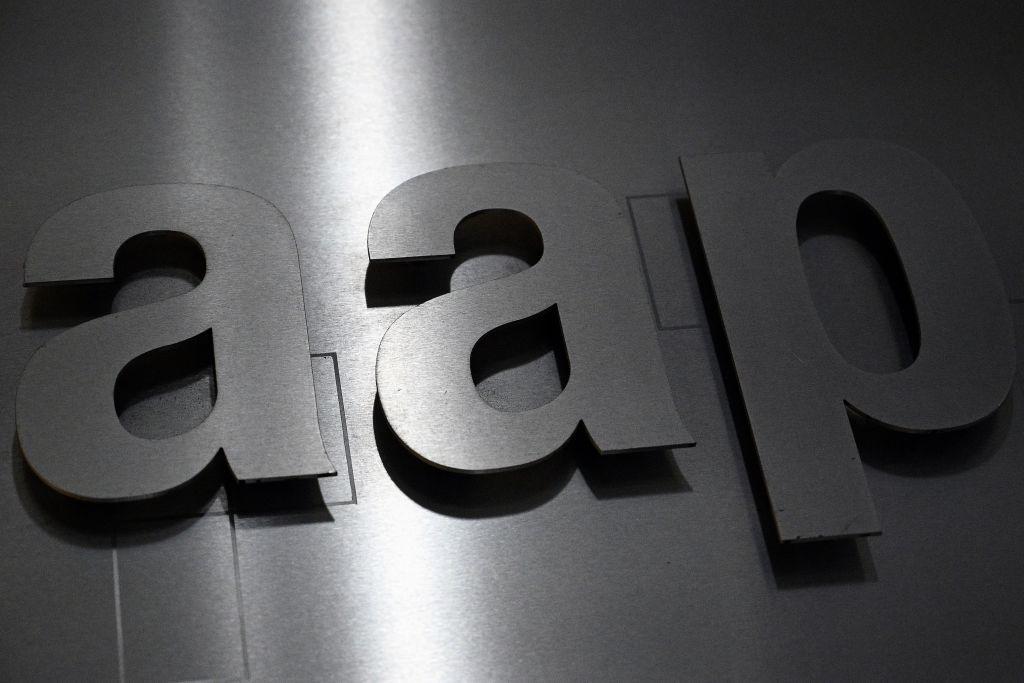Like most reboots, that of Australian Associated Press started with a shock.
But almost five months after news broke that the respected national wire service was to be unplugged, the reset button is due to be pressed within the next week.

Like most reboots, that of Australian Associated Press started with a shock.
But almost five months after news broke that the respected national wire service was to be unplugged, the reset button is due to be pressed within the next week.